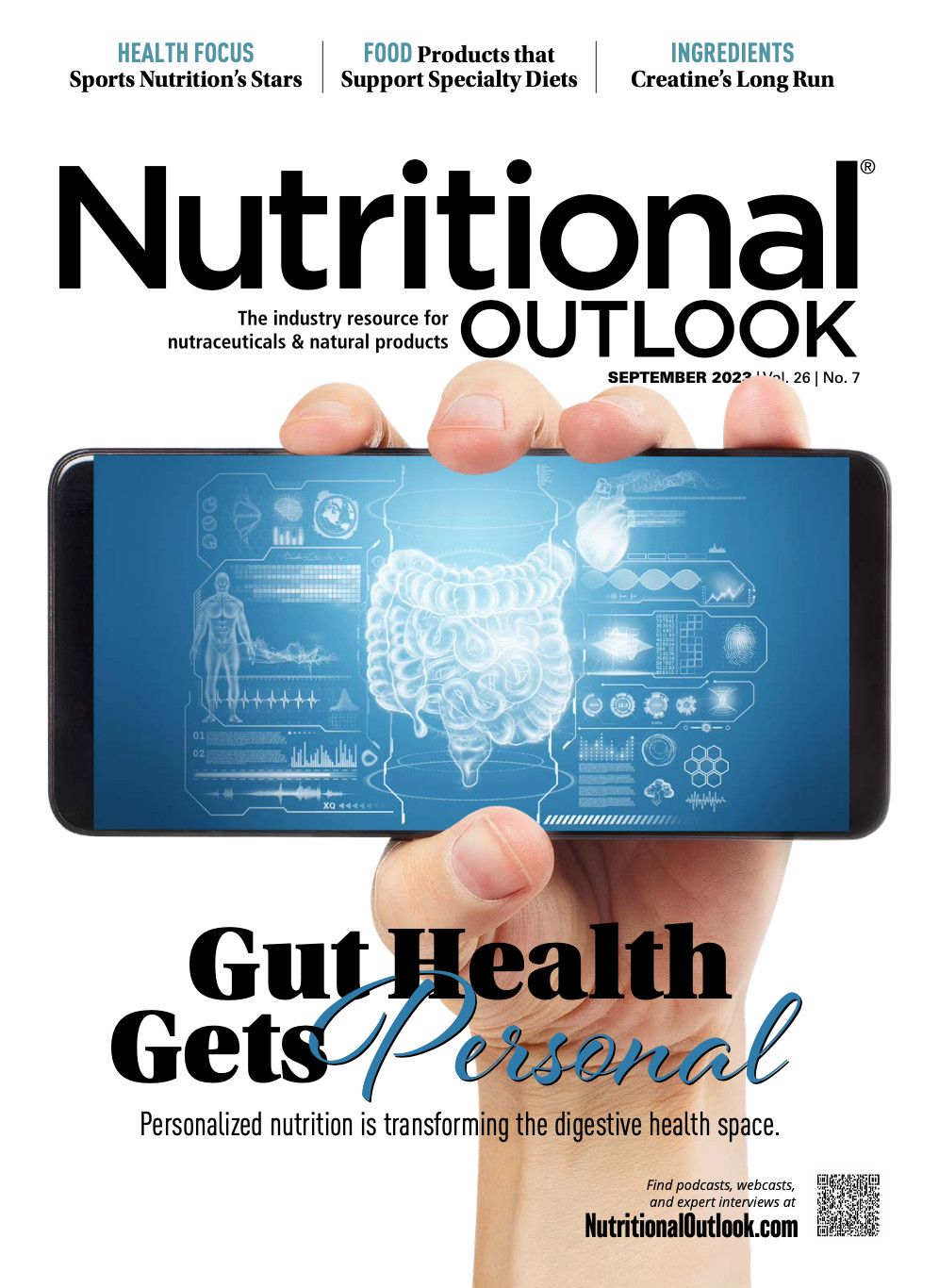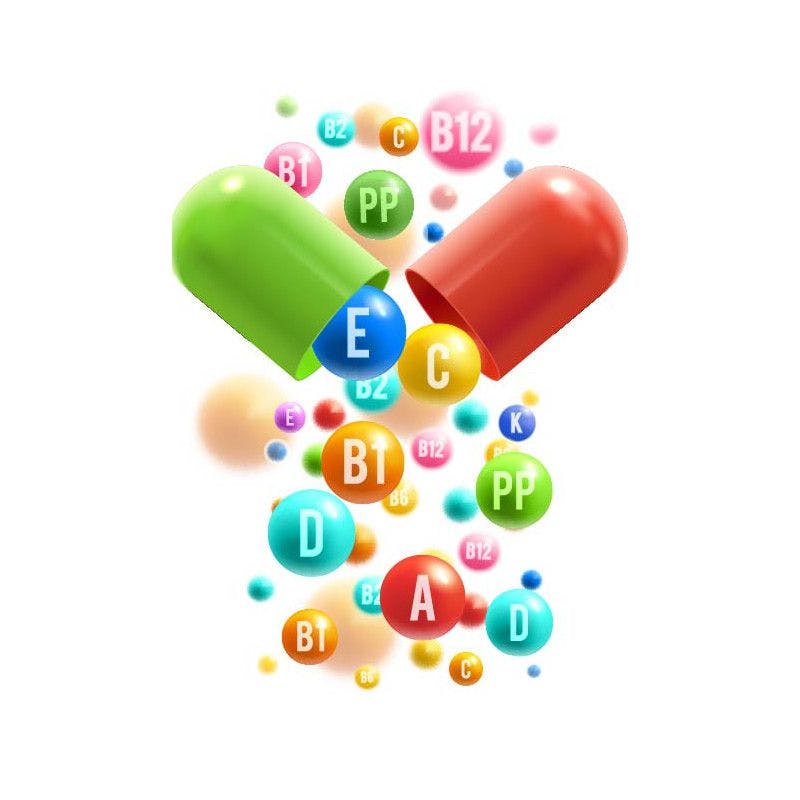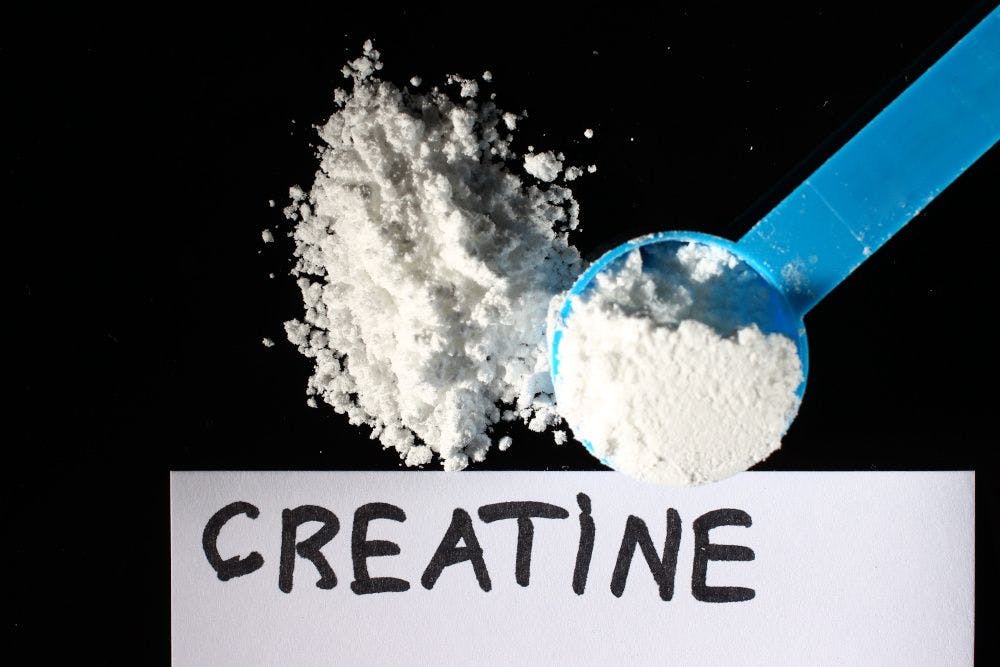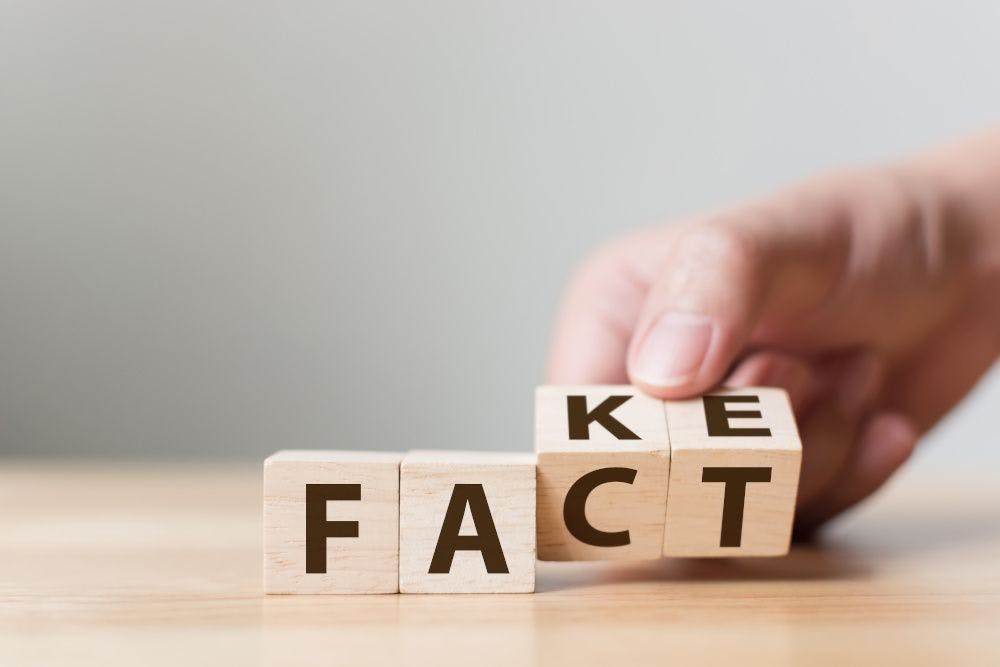Setting the record straight: Why the supplement industry must fight social media misinformation
Why supplement manufacturers are responsible for educating consumers and combatting social media inaccuracies.
You might have recently seen that berberine, a natural plant alkaloid, is being dubbed by a wide swath of non-medical professionals on social media as “Nature’s Ozepmic.” Ozempic (semaglutide) is a prescription medication for individuals with type 2 diabetes. Ozempic and related medications have jettisoned into popularity outside of the diabetic demographic after being hailed by Hollywood celebrities and influencers for its weight-loss capabilities. Everyone is trying to get their hands on Ozempic—so aggressively so that it has caused a shortage for patients.1
While it is true that both berberine and Ozempic are associated with supporting the body’s ability to regulate glucose, that’s only part of the picture. These two substances are fundamentally distinct, with differences in intended use, safety profiles, regulation, and research. In fact, much of the supporting data on both products does focus on glucose management, not weight loss.2 Correlation does not imply causation, but that hasn’t stopped people from taking to social media to spin a scientific story that is greatly blown out of proportion.
You can already see how this oversimplification of science can breed an (at best) confusing or (at worst) dangerous situation. This is not the first (nor likely the last) time that social media has stoked the flames of bad science. Just this month, a study published in the Journal of Science revealed a connection between the common amino acid taurine and healthy aging in mice and monkeys.3 That the evidence can be applied to taurine’s effects in humans is still to be determined. Yet, people have already taken to social media, unironically singing the praises of Red Bull in extending one’s life span.
This begs the broader question: What is the supplement industry to do when sales are being spurred by inappropriate claims and mischaracterizations? I believe that in the long term, we have a responsibility to illuminate a more transparent, safer, and more effective route to better health. Keeping on this path is going to help solidify a more stable and trustworthy reputation. And both manufacturers and individual consumers play a role.
Don’t overstate. Educate.
Overall, the supplement industry must do a better job of educating consumers with clear, understandable clinical evidence. Make it digestible and easy to understand. The first step in doing so? Engage medical professionals, including traditional physicians, registered dieticians, naturopathic doctors, etc., who can help make the science digestible.
But you can only lead a horse to water. Consumers must ultimately be their own advocates. It is essential that consumers educate themselves on what to look for in a quality nutritional supplement product because ingredient sourcing, quality testing, and label transparency can vary greatly between brands in the market.
Commit to transparency.
Although transparency has become a buzzword, it’s a tenet supplement companies cannot afford to ignore. Supplements are known to be loaded with unnecessary ingredients and fillers. Why do some manufacturers do this? To bring down cost at the unacceptable expense of people's health. In fact, a 2018 FDA study found that nearly 800 nutritional supplements sold over the counter contained unapproved drug ingredients.4
It’s our duty as manufacturers to test raw materials, ensuring that ingredients adhere to the utmost standards in identity, purity, and safety, and not compromise efficacy for cost. A rigorous commitment to quality and partnering with trusted suppliers who value quality, science, and responsibility will not just create a stronger wellness ecosystem overall; it will also lead to better health outcomes for the individuals taking supplements due to better potency, absorption, and efficacy. Greater transparency lifts all boats in the supplements space.
Manufacture, market, and test responsibly.
FDA does regulate nutritional supplements. Pursuant to the Dietary Supplement Health and Education Act of 1994 (DSHEA), manufacturers and distributors are responsible for evaluating and confirming the safety and labeling of their products to ensure they meet set requirements. FDA actively monitors nutritional supplement safety through adverse event reporting, while prescription drugs are subject to comprehensive postmarketing surveillance. We must be our own watchdogs. The responsibility to confirm the safety, efficacy, and usage accuracy falls squarely on the manufacturer.
Although social media has proven to be a great forum of knowledge and tool for building a broader wellness community, we must recognize that it fuels “shortcuts” on behalf of both individuals and the industry. For individuals, there should be no shortcuts when it comes to health and wellness. Any shortcuts have the potential to compromise long-term health outcomes. I encourage you to demand more of your supplements. Educate yourself on quality and advocate for the companies doing so. Meanwhile, manufacturers must not look for sales without prioritizing transparency. Misinformation weakens our industry and helps no one in the long-term. I’m proud to work for a company like Thorne, which is calling on supplement manufacturers to adhere to these elevated standards of consumer education, transparency, and manufacturing responsibility so that we can fortify our industry and usher it into a more trusted era.
About the Author
Amanda Frick, ND, LAc, vice president of medical affairs at Thorne HealthTech, believes that building a more-trusted nutritional supplement industry starts with manufacturers setting the record straight on viral trends—like resisting the characterization of the natural botanical ingredient, berberine, as “Nature’s Ozempic.”
References
- Choi, A.; Vu, H. Ozempic prescriptions can be easy to get online. Its popularity for weight loss is hurting those who need it most. CNN. March 17, 2023. https://www.cnn.com/2023/03/17/health/ozempic-shortage-tiktok-telehealth/index.html
- Yin, J.; Xing, H.; Ye, J. Efficacy of berberine in patients with type 2 diabetes. Metabolism. 2008, 57 (5), 712-717. DOI: 10.1016/j.metabol.2008.01.013
- Miller, K. New study says taurine could be key to living longer, healthier life. Prevention. June 17, 2023. https://www.prevention.com/health/a44199292/taurine-dietary-supplement-live-longer/
- Tucker J.; Fischer, T.; Upjohn, L. Unapproved pharmaceutical ingredients included in dietary supplements associated with US Food and Drug Administration warnings. JAMA Netw Open. 2018, 1 (6), e1883337. DOI: 10.1001/jamanetworkopen.2018.3337




















Prinova acquires Aplinova to further increase its footprint in Latin America
April 7th 2025Prinova has recently announced the acquisition of Brazilian ingredients distributor Aplinova, which is a provider of specialty ingredients for a range of market segments that include food, beverage, supplements, and personal care.
Prinova acquires Aplinova to further increase its footprint in Latin America
April 7th 2025Prinova has recently announced the acquisition of Brazilian ingredients distributor Aplinova, which is a provider of specialty ingredients for a range of market segments that include food, beverage, supplements, and personal care.
2 Commerce Drive
Cranbury, NJ 08512
All rights reserved.


